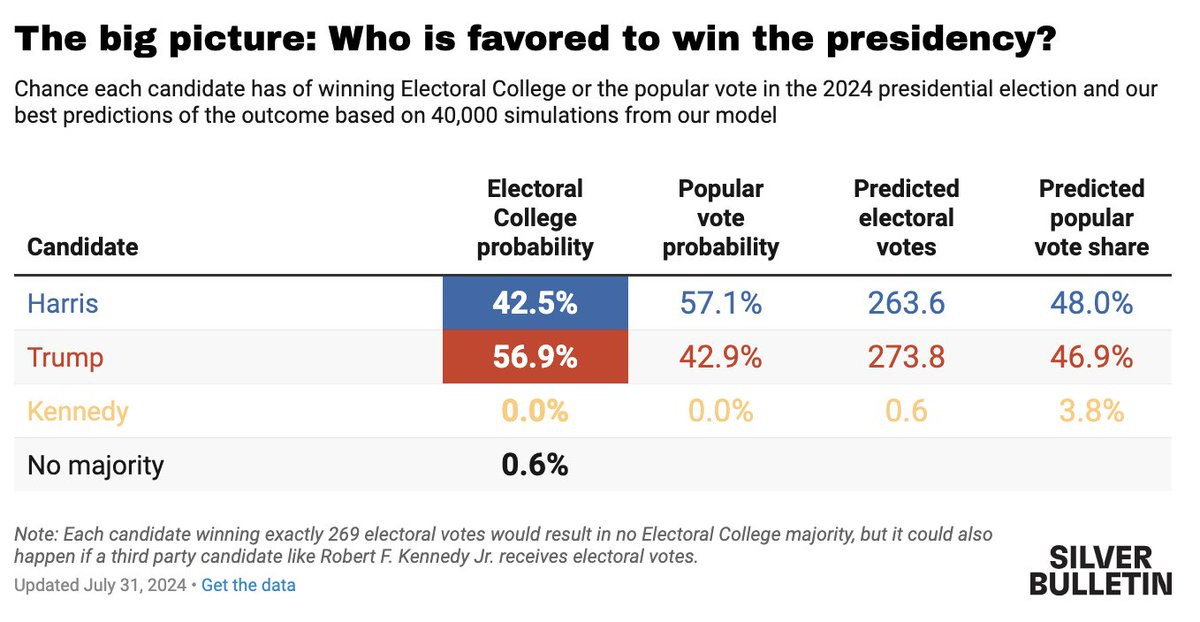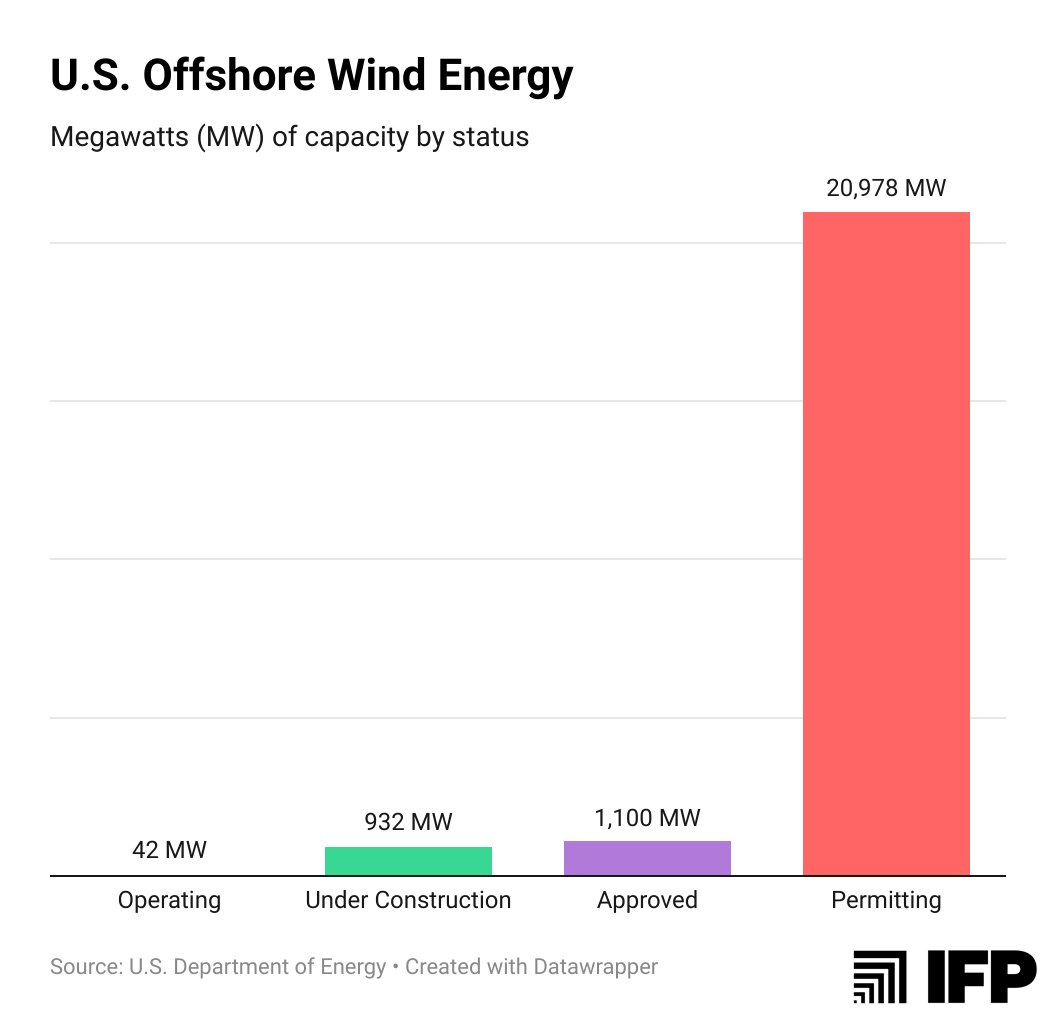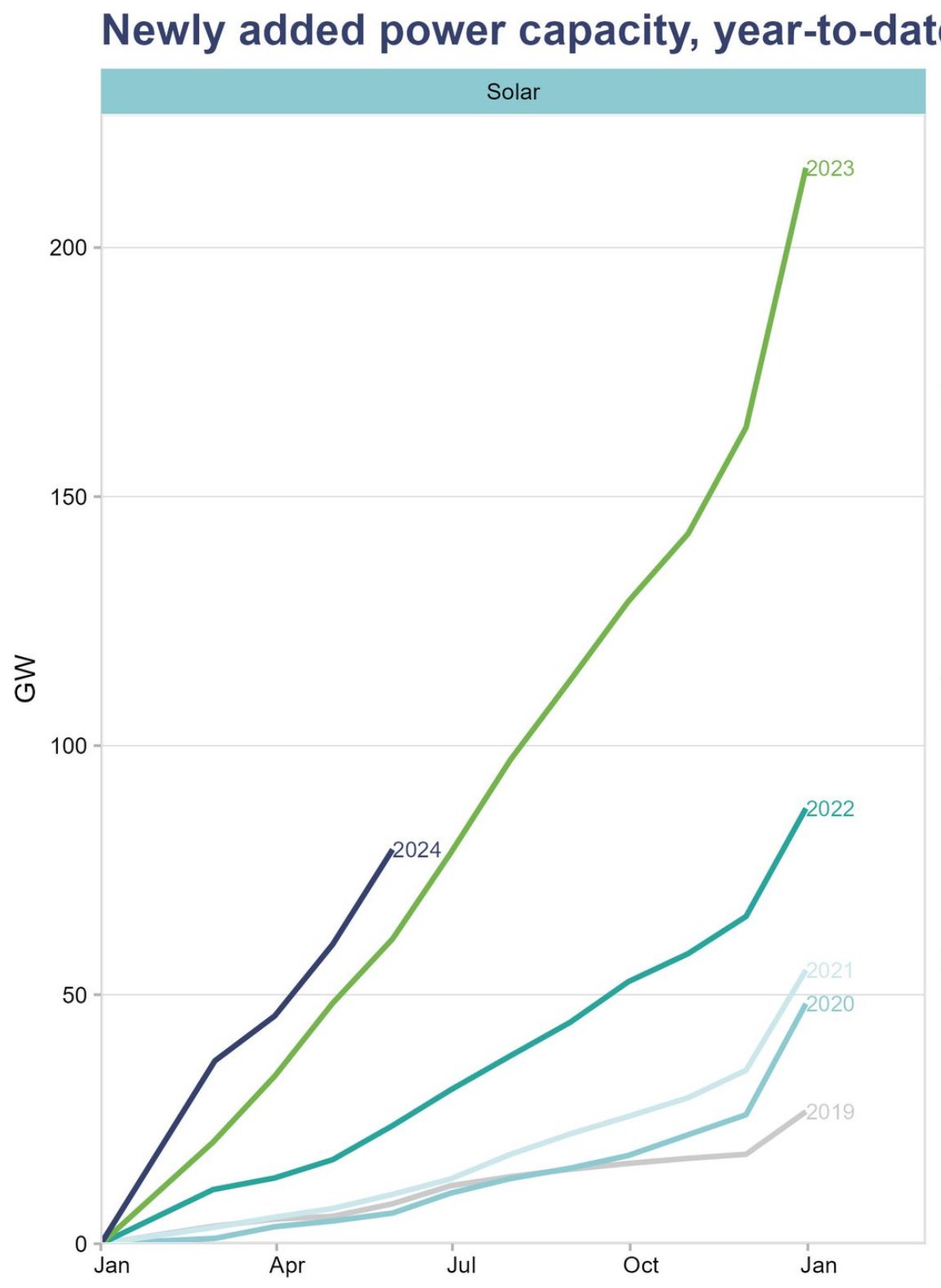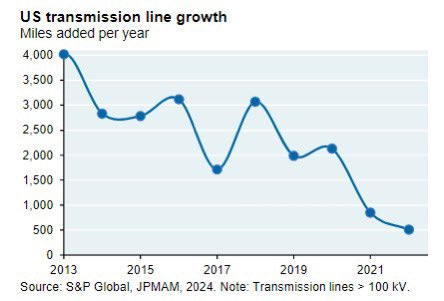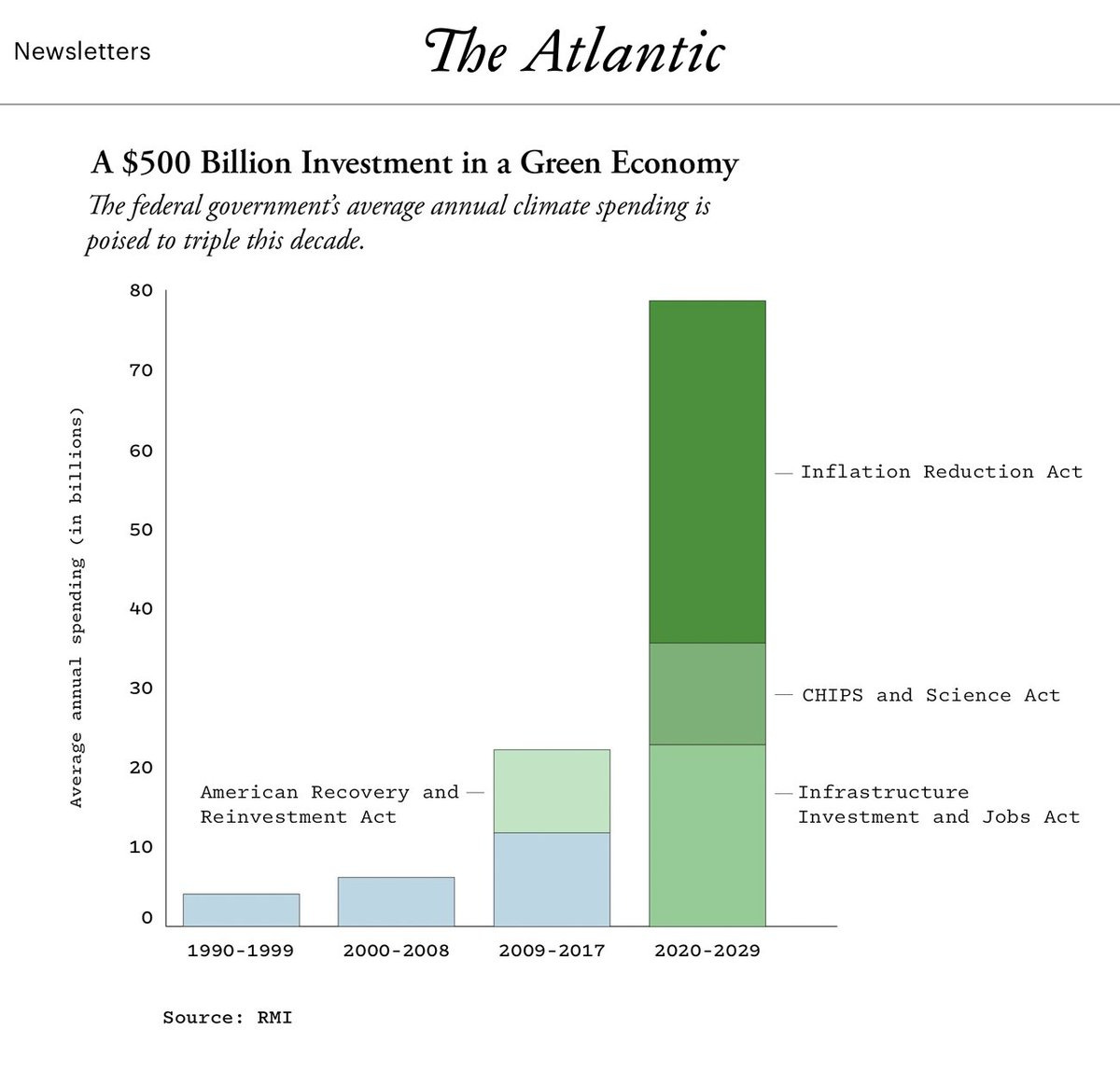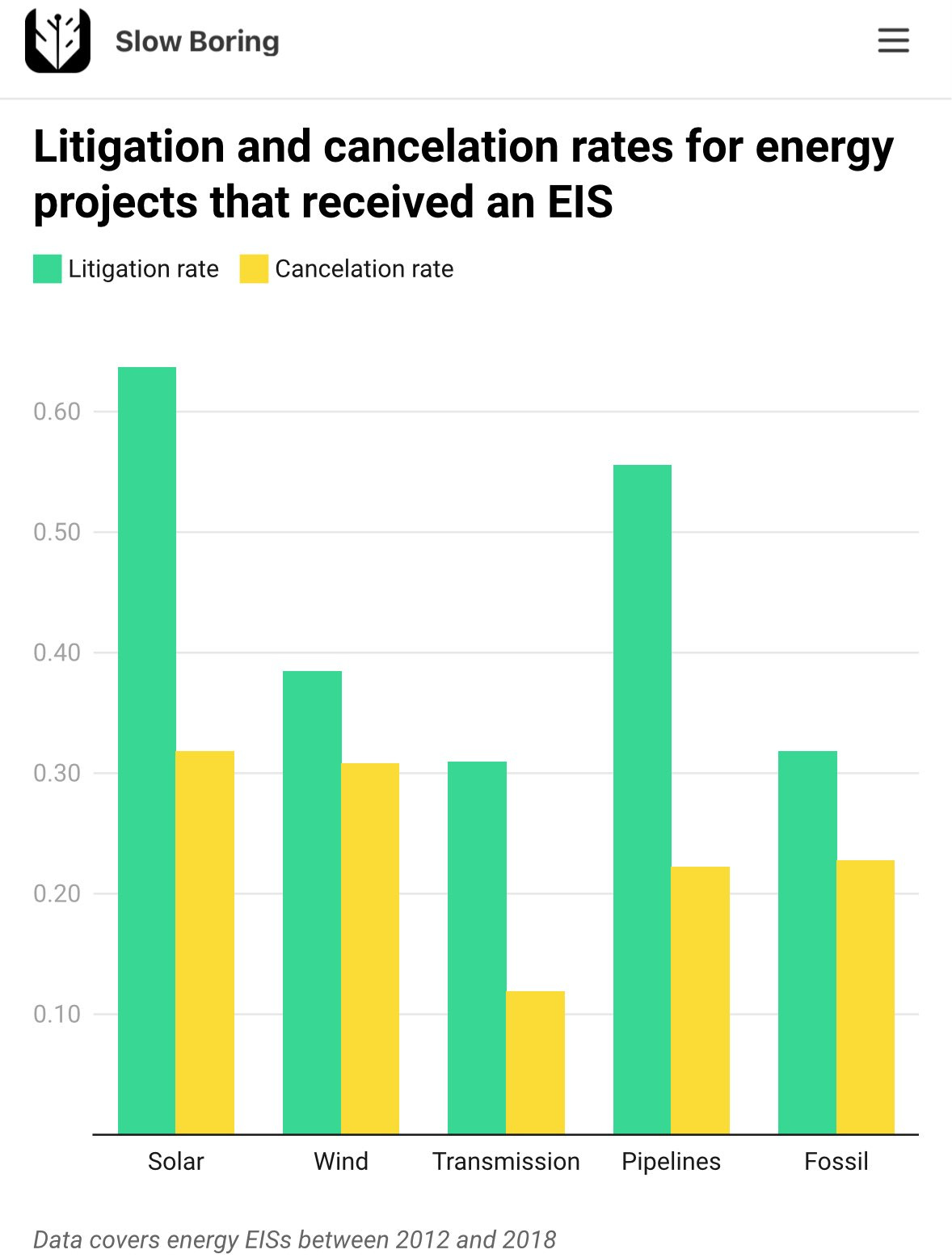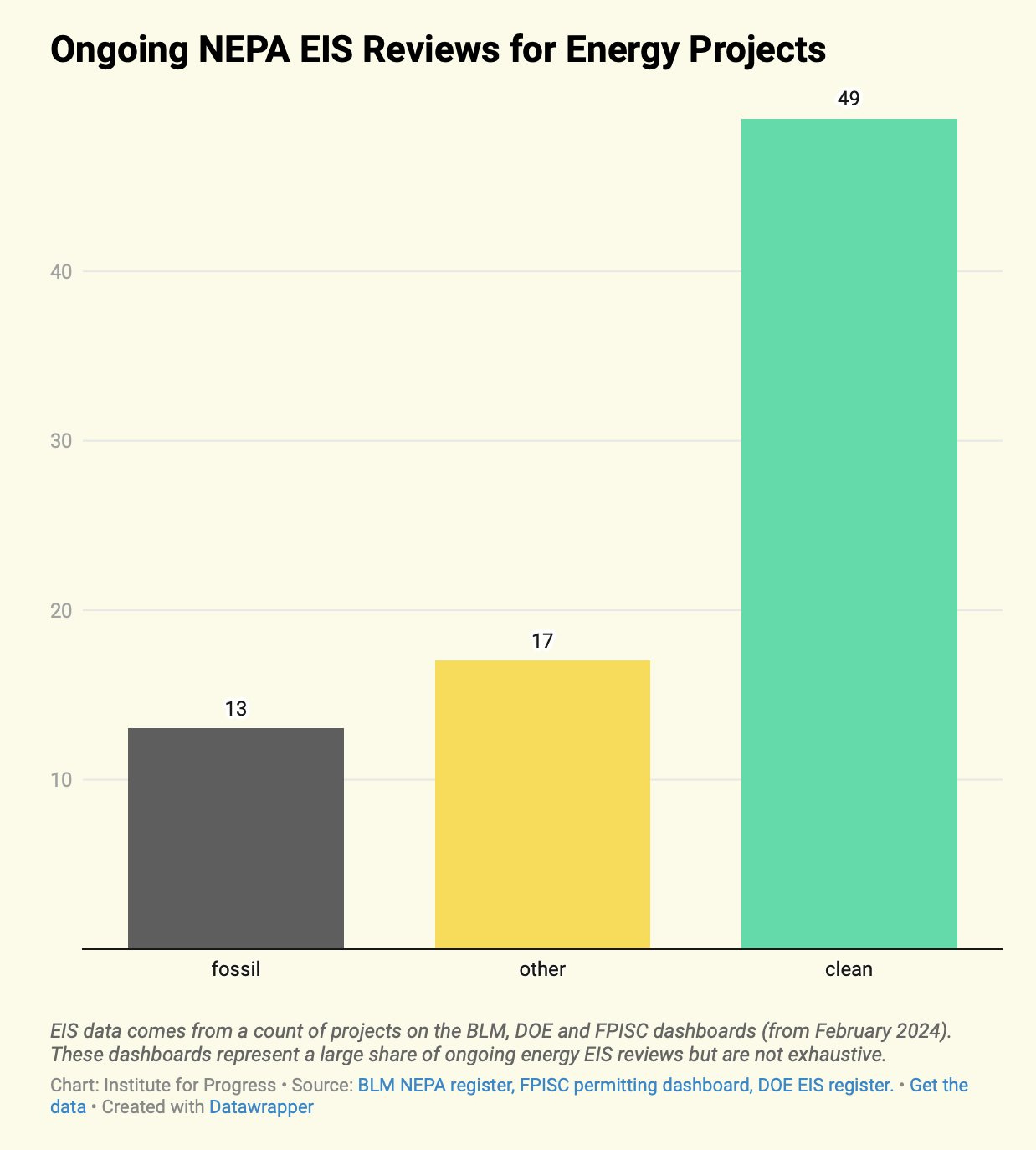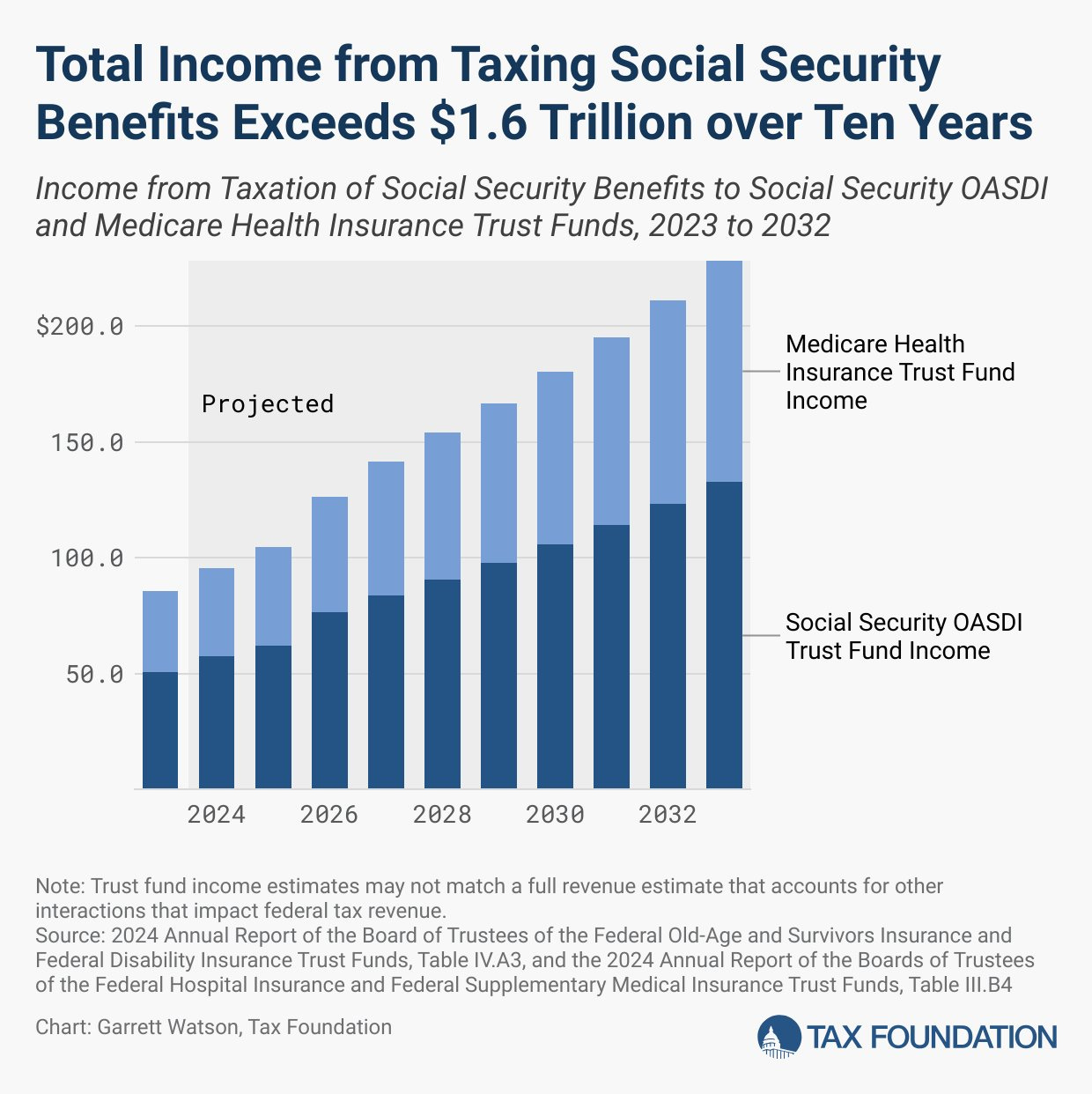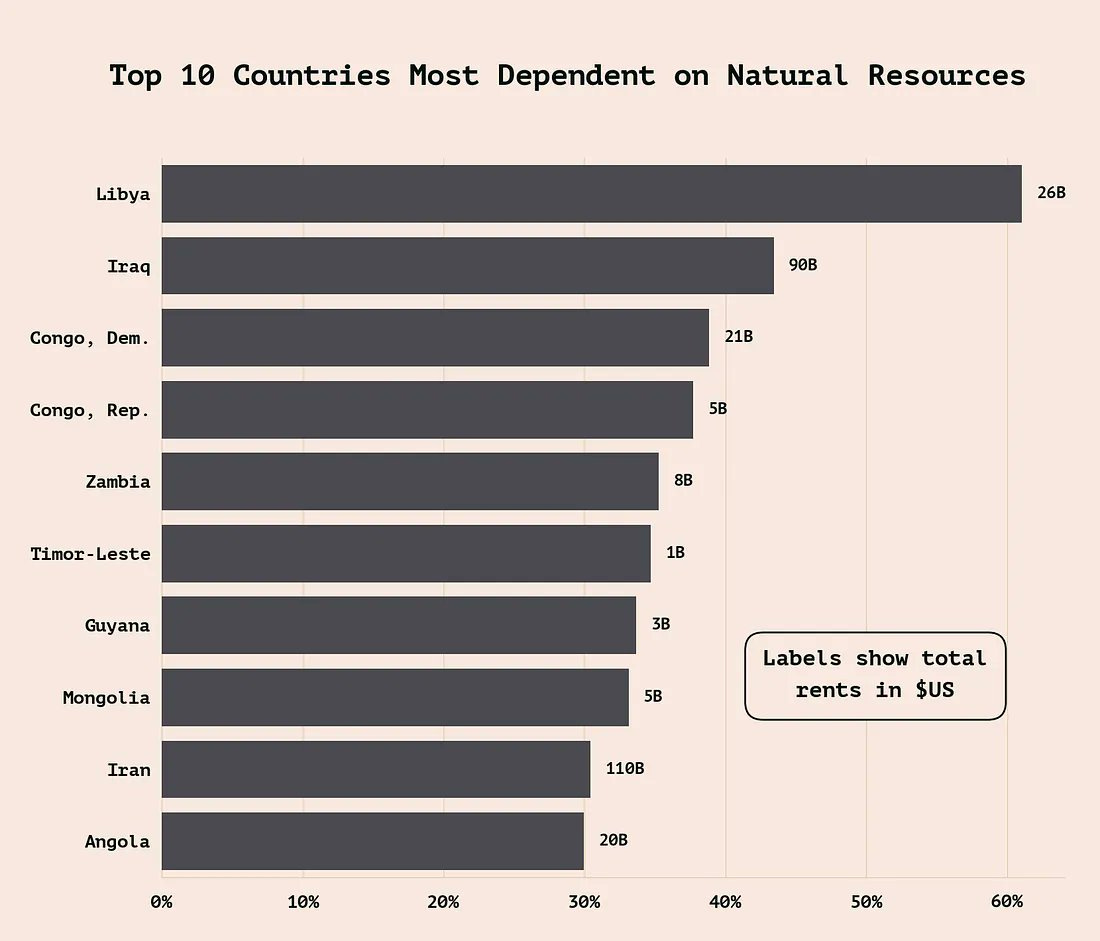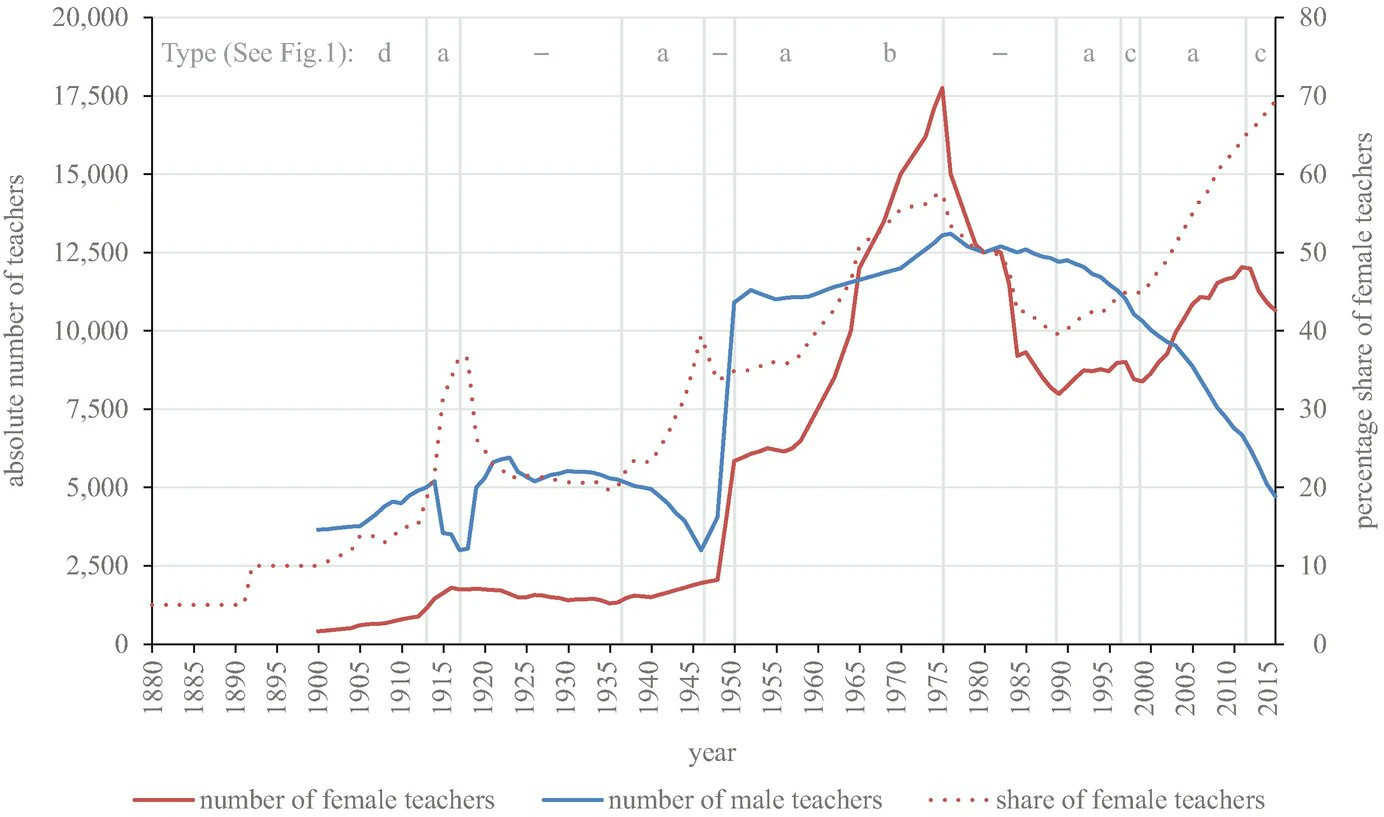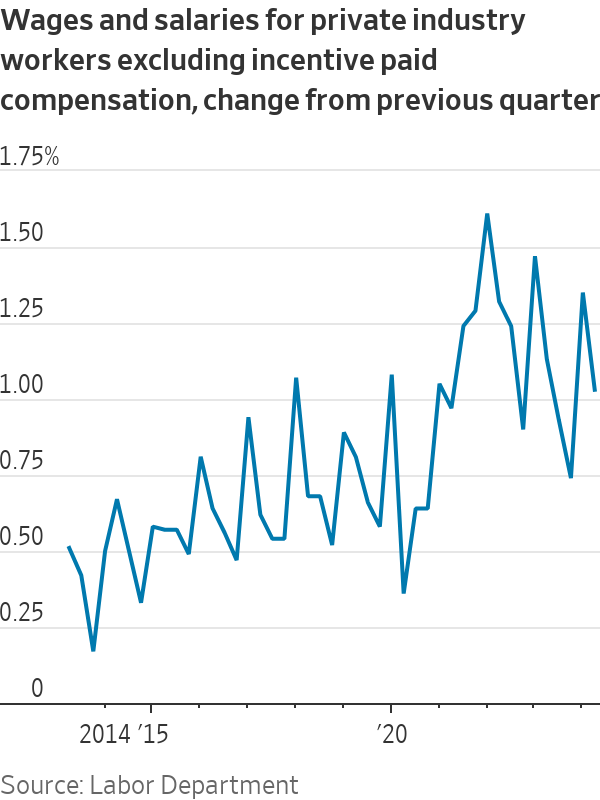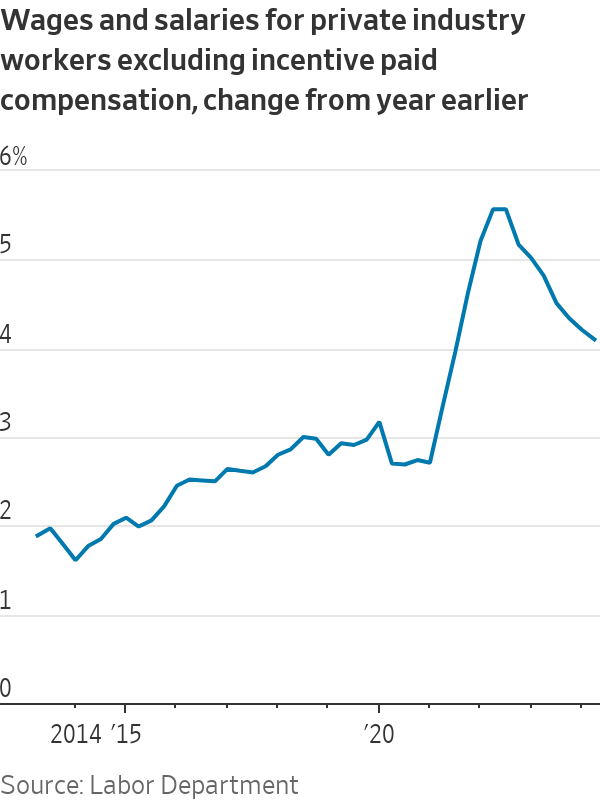Trumpdate (8.1.24):
EXECUTIVE SUMMARY:
NEWS NEWS
Harris Poll Surge: Kamala Harris sees 4% uptick in Nate's model, rising to 42%.
Energy Permitting Reform: Senate committee to vote on bipartisan Manchin-Barrasso bill, addressing clean energy project delays.
NOT NEWS NEWS
Trump's Social Security Proposal: Trump suggests ending taxation of Social Security benefits, potentially benefiting wealthy and advancing insolvency.
Resource Extraction Reality: Majority of primary resource extraction not done in third world, contrary to common belief.
Female-Dominated Teaching: Primary and secondary school teaching now predominantly female, a shift from historical trends.
State Capacity Movement: Call for increasing government's ability to implement policies and provide services effectively.
Private Sector Wage Growth: Q2 wages and salaries for private-sector workers up 1.0%, year-over-year rate at 4.1%.
1.) Kamala sees a big uptick from new polling:
Nate’s model has Harris going from 38% to 42%:
2.) The Senate Committee on Energy and Natural Resources is going to be voting on the bipartisan Manchin-Barrasso bill.
[TS] This is a big day for permitting reform in Washington DC. Why? Let’s unpack a few things. A good thread by Alec Stapp:
Offshore wind energy might be the clearest example of how broken the permitting process has become. The United States has 42 megawatts of offshore wind capacity in operation. But there is more than 20,000 megawatts (!) of potential capacity stuck waiting for permits:
China is adding solar power at an even faster rate than last year.
🇨🇳 Solar capacity added in May: 19 GW
🇺🇸 Solar capacity added in May: 2.4 GW
We need permitting reform to keep up.
We need to be building transmission lines faster than ever and yet we’re getting slower each year.
Hundreds of billions of dollars in new climate spending coming this decade. Permitting reform is necessary if we want to actually build clean energy infrastructure with this money:
The “litigation doom loop” is a huge problem for clean energy deployment. Solar projects that receive the strictest level of NEPA environmental review have the highest litigation rate: 64%.
By contrast, fossil fuel projects only have a 32% litigation rate.
Energy projects currently undergoing the strictest level of environmental review are overwhelmingly clean energy projects.
Permitting reform will disproportionately benefit clean energy.
QUICK BITES:
More evidence of Shapiro being the potential VP pick? He’s already being attacked by R’s at the Trump rally.
Trump gives a disaster interview at the National Association of Black Journalists (NABJ). The event was supposed to run for an hour, but Trump’s own team curtain called him 30mins in.
AP: Colorado clerk who became hero to election conspiracists set to go on trial for voting system breach.
Justice Department IG dropped (3) big reports on Bill Barr’s tenure at the DOJ. [TS] Rough summary:
We don’t like the way he did things.
He was way too political and meddlesome and broke rules/precedent.
But, he didn’t technically violate the law because AGs have a TON of discretion
And also: He refused to cooperate with any of them, so we don't actually have answers to certain questions.
We also learned that he did not order the Lafayette Square cleared.
UK Police open criminal investigation into WaPo publisher.
Investors believe the Fed is getting closer to cutting rates - believe Sep is the month.
NYT: The Michigan Supreme Court ruled today that legislators unconstitutionally subverted a measure to raise the state’s min wage and it reinstated the law's original design, which will fully phase out subminimum wages for tipped workers
Speculation: Illegally detained WSJ reporter Evan Gershkovich might be released by Russia in a prisoner exchange. [TS] This would be amazing news.
3.) Trump suggests to end taxation of Social Security benefits.
[TS] It goes without saying, but his is a bad idea. Why?
Taxes are progressive, so who would this ultimately benefit? The wealthy.
This would advance insolvency in a big way
Per CRFB, this move would:
Increase deficits by $1.6 trillion to $1.8 trillion through 2035
Increase Social Security’s 75-year shortfall by 25 percent – or 0.9 percent of payroll
Nearly triple the Medicare HI 75-year shortfall, increasing it by 0.6 percent of payroll
Advance the insolvency date of Social Security’s retirement trust fund by over one year
Advance the insolvency date of the Medicare HI trust fund by six years
[RELATED]
This proposal would add to the already challenging budget math for former President Trump.
4.) The majority of primary resource extraction is NOT done in the third world.
[TS] A common 'fact' which is taken for granted in leftist circles, but is basically completely wrong is the idea that the majority of primary resource extraction is done in the third world. Outside of a very few specific cases, coltan and cobalt for example, this is not true.
Iron ore, bauxite, lithium, wood pulp, coal, crude oil, natural gas, limestone etc you name it and it's going to be either mostly produced domestically, with exports dominated by rich countries (or at worst middle income countries).
The real exceptions like palm oil, coltan, or such pop out, but you have people making theories of imperialism based around the lithium oxide trade, completely clueless it's a market entirely dominated by Australians.
*lithium overall, Australia exports it as lithium spodumene
Largest mineral exporter: Australia
Largest miner: China
[TS] Now, the other side of this is - the countries that are most dependent on resource extraction do tend to be low income countries:
5.) Primary and secondary school teaching is dominated by female teachers —- and wasn’t always that way.
Data from Baden-Württemberg:
6.) [TS] We need to have a new movement to push for increasing State Capacity.
What do I mean? First, a definition on state capacity:
State capacity refers to the ability of a government to effectively implement policies, provide public services, and enforce laws across its territory.
In short: The ability of civil service to get things done.
Why is this important? There are countless examples, but a recent one involving San Fran’s Bay Area Rapid Transit (BART).
BART had a project called “Fleet of the Future” that completed under budget. A US transit story — let alone in San Fran — and it was under budget?!?! $394M under budget. Why? Because some of the engineering was done in-house and allowed them to start sooner and build faster.
In-house engineering team cost: $29M/year. This amount would balloon if you outsourced this to a popular consulting firm. Think:
McKinsey, Deloitte, Booz Allen Hamilton.
States that have the ability in-house don’t have to waste time or money outsourcing this expertise. But state capacity it’s just limited to states.
Look at Congress. There are proposals to increase more congressional staff (especially for committees). I know what you’re thinking: “Do they really need more staff?” Consider this stat per Roll Call:
The number of committee staff, who are generally considered to be the subject matter experts of Congress, fell by more than a third, from upward of 2,000 in 1978 to just 1,170 in 2023.
Does that make sense? I don’t think so.
It’s easy to complain about the competence of government, but why not try and solve some of the issues?
7.) Wages and salaries for private-sector workers ex-incentive paid occupations was +1.0% in Q2
The Y/Y rate fell to 4.1% (vs 4.2% in Q1 and 4.8% last year)
Total compensation growth for all private sector workers was the mildest in three years during the second quarter, lowering the year-over-year change to 3.9%.
Per Justin Bloesch:
Embedded in this number is some union catch-up: wage growth YoY for unionized workers was 6.5%. For non-union workers, it was 3.8%.
[TS] Unions, in general, raise worker wages.
[RELATED-GDP]
USA! USA! USA!




